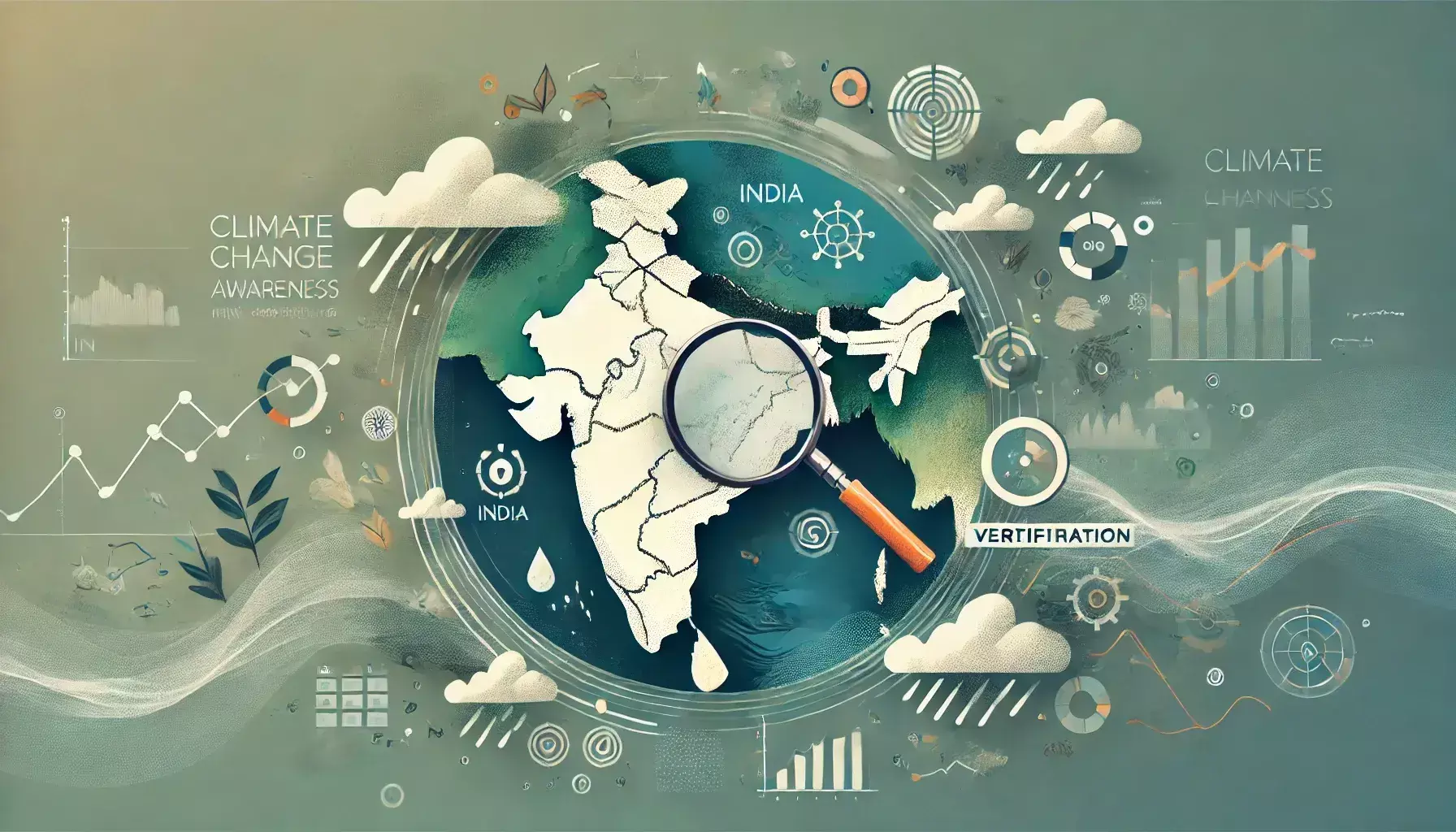Climate Change Observatory
Climate change and disasters are emerging as defining challenges of the 21st century, impacting not only the environment but also national security and development. For India, addressing climate change and disaster risks is crucial as it aspires to become a major global power. Rising global temperatures disproportionately affect the poorest, destroying livelihoods and displacing communities. India faces significant issues related to water security, rising heat, and widespread flooding. The Himalayas, traditionally a buffer against drought, are at risk, with predictions indicating that one-third of the region's glaciers could disappear by 2100. Awareness of climate change is essential, as misinformation can impede progress in tackling the crisis.
Misinformation creates confusion, undermines public trust in science, delays policy decisions, and hinders the implementation of solutions like renewable energy adoption. Misleading claims can divert attention from effective solutions and exacerbate environmental harm while increasing inequality and undermining climate justice efforts. False narratives can lead to public apathy or anxiety, slowing progress in addressing climate change and prolonging its harmful effects on ecosystems, health, and economies.
Gaps in accurate climate change information hinder journalists, fact-checkers, and the public. The Climate Change Observatory aims to collect, analyze, and map data on significant climatic events in India for further use.
To address these gaps, Telugupost initiated the creation of a Climate Change Information Observatory with support from IFCN. This initiative seeks to debunk misinformation and educate the public on climate issues while mapping significant climate events in India. Collaboration with local institutions and expert guidance will be sought to enhance staff training and effectiveness.


